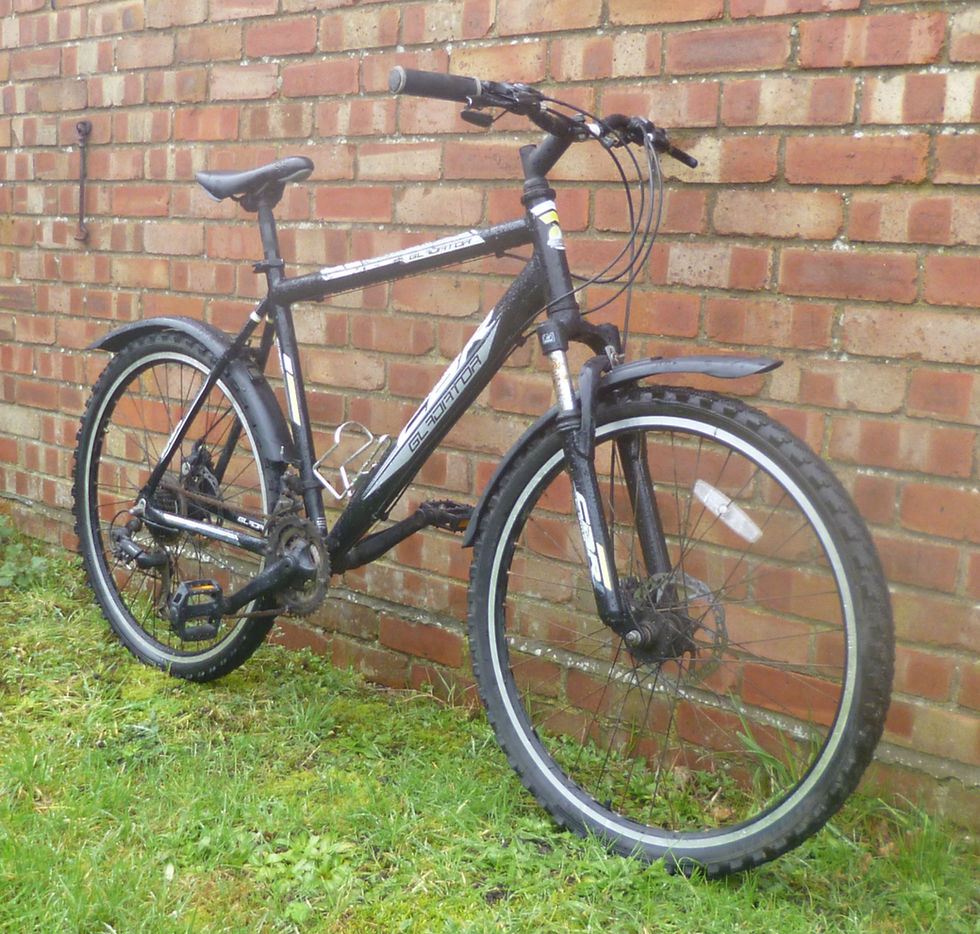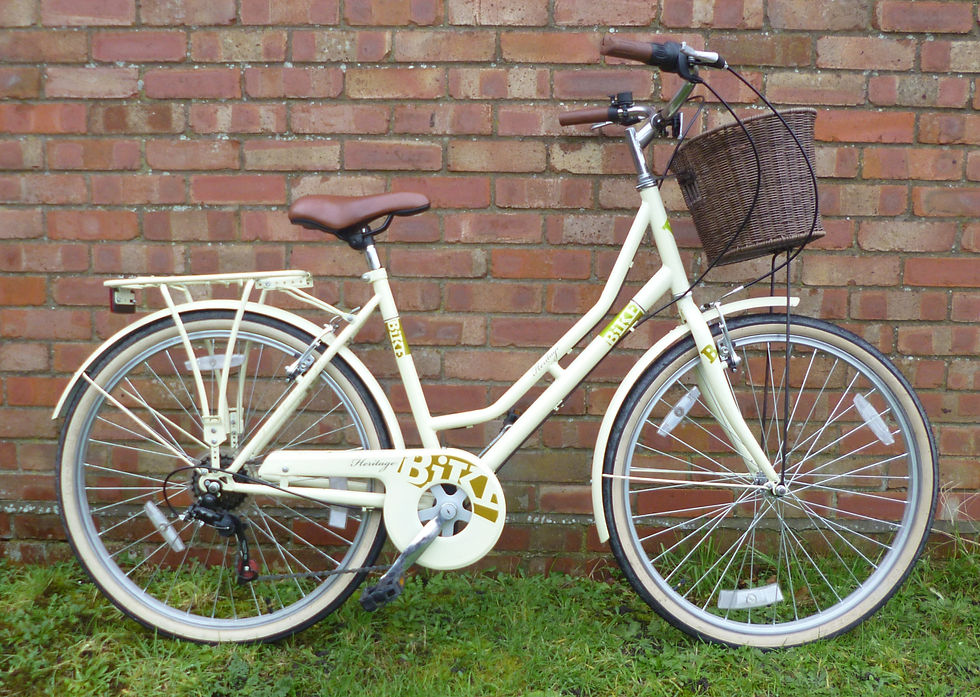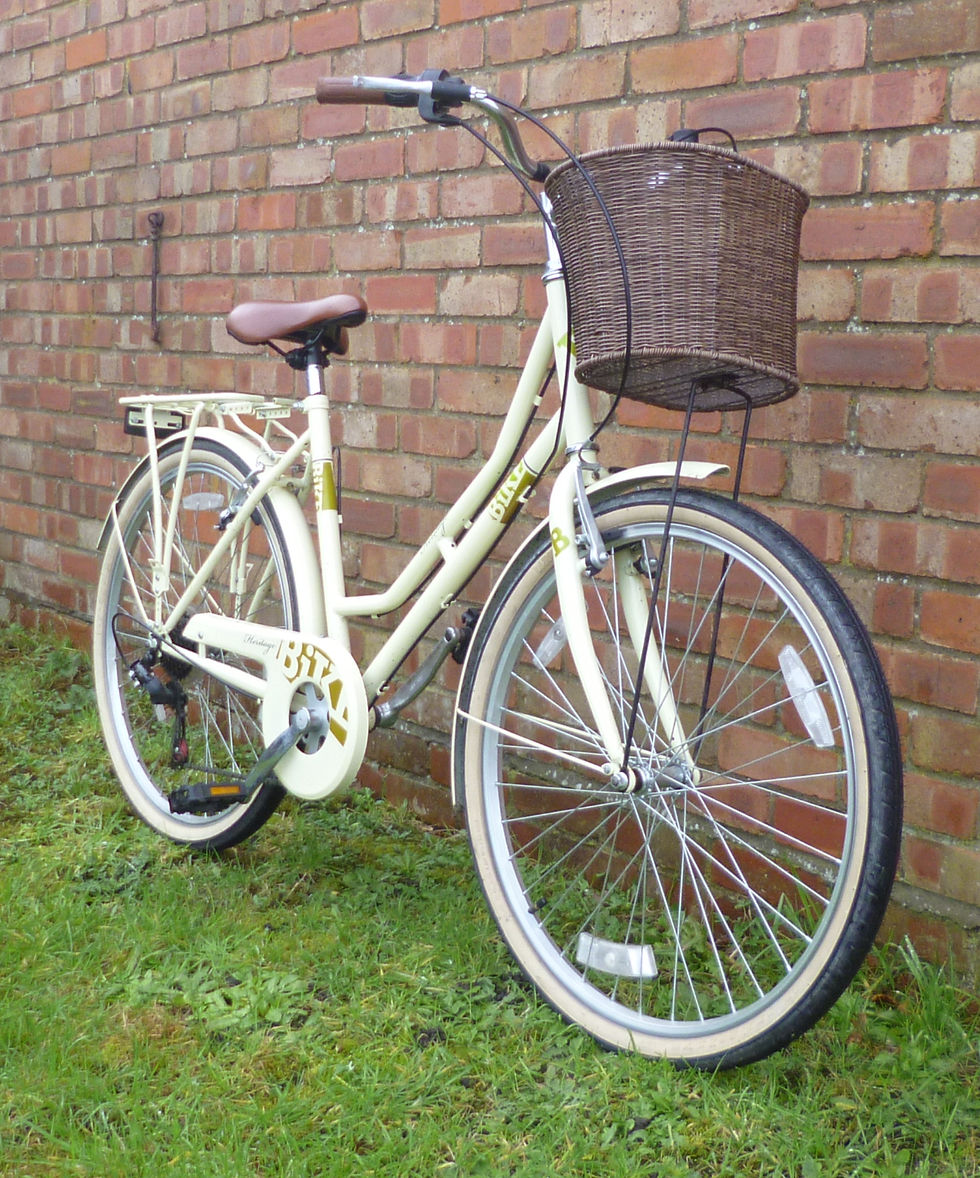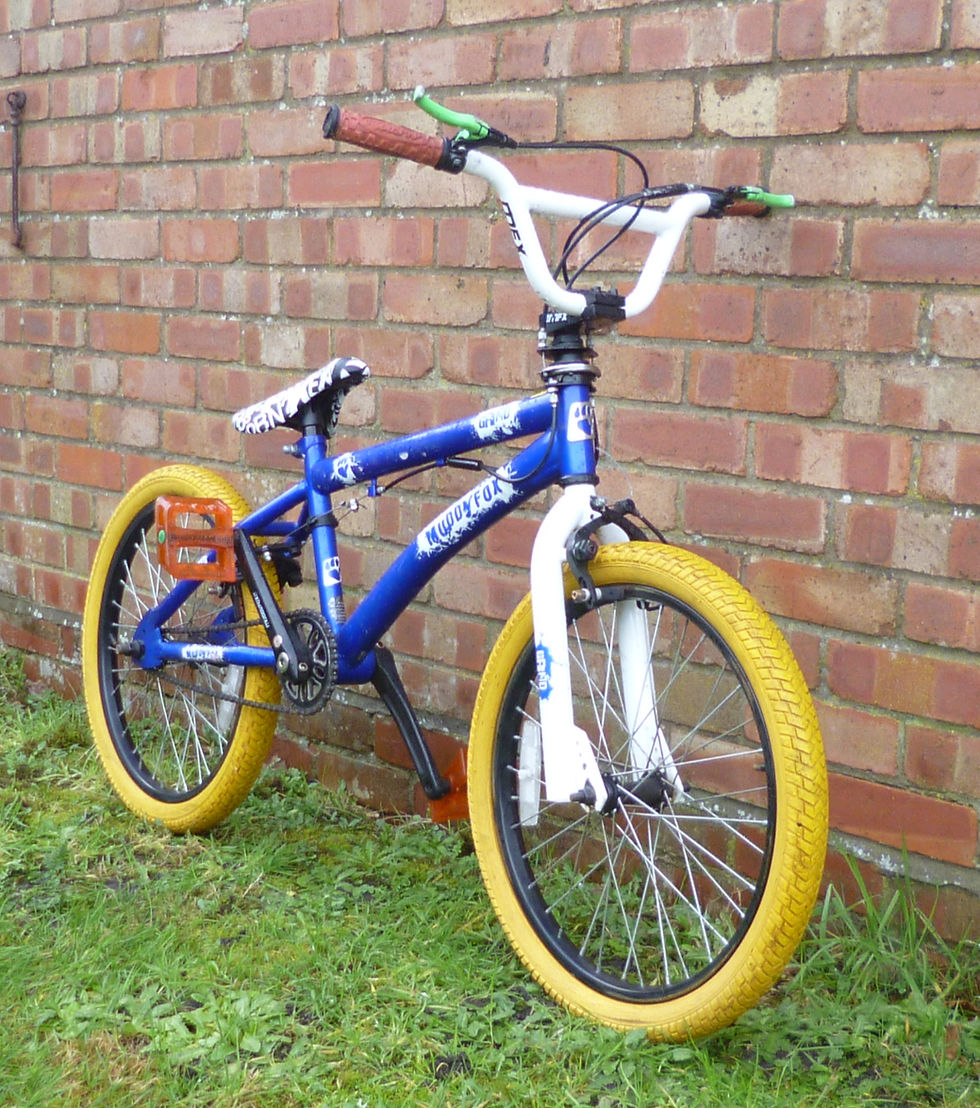Pedal Your Way to Success: The Game-Changing Role of Nutrition in Cycling Fitness
- Matt Murphy
- Feb 26, 2023
- 2 min read
Cycling is a physically demanding sport that requires a lot of energy and endurance. To perform at your best, it is essential to fuel your body with the right nutrients. In this article, we'll discuss the role of nutrition in cycling fitness and provide some tips for optimizing your diet.

Fueling for Performance
Cycling requires a lot of energy, and to maintain that energy, you need to fuel your body with the right nutrients. Carbohydrates are the primary source of fuel for endurance exercise, including cycling. When you ride, your body uses stored carbohydrates (glycogen) for energy. If you don't have enough glycogen stored, you'll start to feel fatigued and your performance will suffer.
To avoid this, it's essential to eat a balanced diet that includes plenty of carbohydrates. Complex carbohydrates, such as whole grains, fruits, and vegetables, are the best sources of energy for endurance exercise. They provide a steady stream of energy over a longer period of time compared to simple carbohydrates, such as sugar, which can cause blood sugar spikes and crashes.
Protein is also important for cycling fitness. It helps repair and build muscle tissue, which is essential for recovery and improving performance.
It's recommended to consume protein within 30 minutes of completing a ride to help aid in recovery.

Hydration is also key for cycling performance. Dehydration can lead to fatigue, cramping, and a decrease in performance. It's important to drink plenty of fluids before, during, and after a ride. Water is the best choice for hydration, but sports drinks can be beneficial for longer rides as they provide electrolytes that help with hydration and energy.
Timing Your Meals
When it comes to fueling for cycling, timing is everything. Eating too much before a ride can cause discomfort, while not eating enough can lead to fatigue and decreased performance. As a general rule, it's best to eat a meal containing carbohydrates and protein 2-3 hours before a ride. This gives your body enough time to digest and absorb the nutrients.
If you're short on time, a smaller snack containing carbohydrates can be consumed 30 minutes to an hour before a ride. During longer rides, it's important to consume carbohydrates and fluids regularly to maintain energy levels.
Recovery
Recovery is an essential part of cycling fitness. After a ride, your body needs time to recover and repair muscle tissue. Proper nutrition is crucial for this process. Consuming carbohydrates and protein within 30 minutes of completing a ride can help aid in recovery.
In addition to nutrition, rest is also essential for recovery. Getting enough sleep and taking rest days can help prevent injury and promote muscle recovery.

Supplements
While a balanced diet should provide all the necessary nutrients for cycling fitness, supplements can be beneficial for some riders. Creatine, for example, can improve performance during high-intensity efforts. Beta-alanine can help delay fatigue during longer rides. It's important to note that supplements should not be relied upon as a replacement for a balanced diet.
Proper nutrition is essential for cycling fitness. Consuming a balanced diet that includes plenty of carbohydrates and protein can help maintain energy levels, aid in recovery, and improve performance. Timing your meals and staying hydrated are also key factors in optimizing your diet for cycling. With the right nutrition, you can perform at your best and achieve your cycling goals.




































Comments